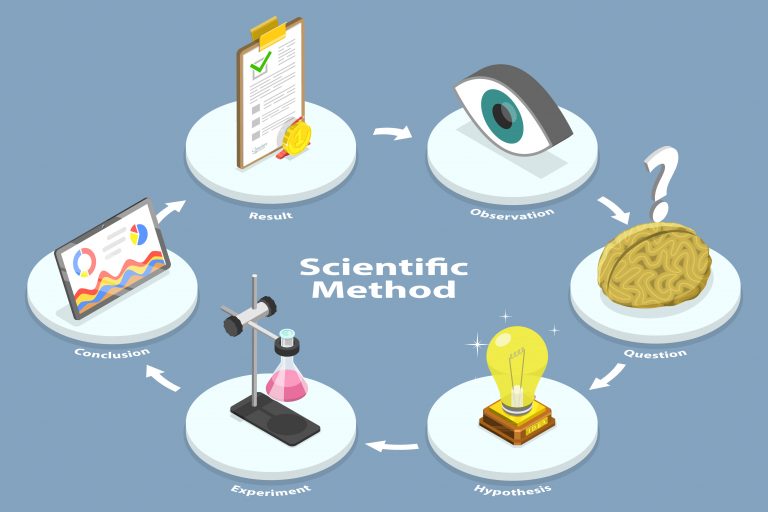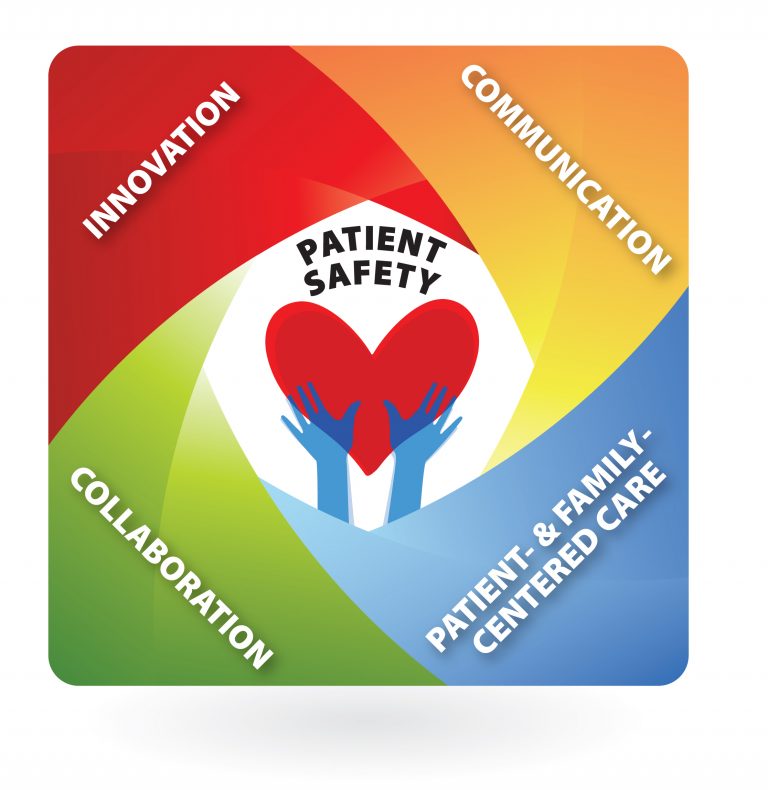Patient safety is the top priority of responsible researchers. Volunteer clinical trial participants put their health and lives on the line to further important research work, so ensuring that their bravery and sacrifice are rewarded with optimal safety protocols is paramount.
Researchers use a variety of tools and methods to protect patient safety in clinical trials. Let’s explore how clinicians use them to mitigate risk while they work.
Who sets the rules in clinical trials?
Several groups, government and non-government, collaborate to set the rules regarding patient safety in clinical trials. These include:
- Government authorities. Each country has its own government agencies that enforce its rules regarding clinical trials. In the United States, those organizations are Health and Human Services (HHS) and the Food and Drug Administration (FDA).
- Institutional Review Board (IRB). IRBs are tasked with vetting research proposals involving human subjects. Its prime function is to protect the rights, welfare, and privacy of all humans involved in clinical research. The IRB, made of experts — with various expertise in the legal, social, medical, and scientific realms — must sign off on research before it continues.
- Data and Safety Monitoring Board (DSMB). Whereas the IRB does the majority of its work before a clinical trial commences, the DSMB monitors the progress of a clinical trial after it’s started. They look at data to make sure that patient safety is duly protected as well as to confirm that the trial is providing valuable data that speaks to the central research question. DMSB members often visit the research sites in person, in addition to reviewing data remotely. If the DMSB flags problems, they have the authority to stop or adjust the trial as necessary to protect patient safety.
What is the Belmont Report and what does it say about patient safety?
The Belmont Report is a landmark medical document published in 1979 by the National Commission for the Protection of Human Subjects of Biomedical and Behavioral Research as a comprehensive summary of the rights that patients in clinical trials are entitled to.

It serves as a North Star, guiding the ethics of researchers who conduct studies with human subjects.
The three main components of research covered in the Belmont Report are:
- informed consent
- assessment of risks and benefits
- selection of subjects
The three values espoused in the Belmont Report are:
- Justice – ensuring that all patients share risk and benefits in an egalitarian manner
- Beneficence – providing the most benefit to patients with the least amount of risk reasonably possible
- Respect – Universal human rights should be respected at all times.
What does ‘informed consent’ mean and what information are researchers to provide to patients?
The principle of informed consent requires that doctors and researchers fully disclose all the respective potential risks and benefits associated with a treatment, whether in conventional healthcare settings or during experimental trials.

In the context of clinical trials, informed consent means the patient must be made aware of the proposed treatment, how it is administered, the frequency and dose of any drugs involved, the purpose of the research, and his or her right to terminate participation in the trial at any point.
Informed consent is now a ubiquitous component of the medical ethical system across borders, following the experimental horrors witnessed during World War II. Violating informed consent requirements means violating international law.
Treatment of side effects
Research models are designed to detect and treat any predictable side effects that might emerge in trial participants during the study. The research team will fully apprise patients of all possible risks, including the development of side effects, before the research begins.
Patients who experience any side effects during treatment should alert the staff immediately. They will then receive interventions to treat the side effects to the full ability of the staff.
Again, patients have the right to terminate their participation in the trial at any time.
The importance of pre-clinical trials for patient safety
Clinical trials work in phases for a variety of reasons, protecting patient safety chief among them. They are broken down into phases 0-4.
Phase 0, the most cautious exploratory phase, includes relatively small handfuls of participants using low doses of experimental medicines to see if they behave the same way in human subjects that researchers anticipate that they might.
In phase 1, researchers use slightly greater numbers of participants using slightly higher doses to detect any potential safety issues such as undesirable side effects.

By the time the research moves onto phase 2, which establishes a new proposed treatment’s efficacy, the risk of serious side effects has been largely mitigated. That doesn’t mean that no trial participants in phase 2 and beyond will experience side effects, though – only that the risk has been reduced significantly.
Safety reporting requirements in clinical safety trials
In the US, the FDA and HHS issue reporting requirements for researchers in clinical trials that obligates them to duly note any adverse side effects that patients experience during the study.
Medical ethics requires that the information regarding documented instances of adverse events must be fully disclosed to everyone involved, including patients:
“Clinical trial related injury and serious adverse events (SAE) are a major area of concern. In all such scenarios the investigator is responsible for medical care of the trial participant and also ethically bound to report the event to all the stakeholders of the clinical trial. The trial sponsor is responsible for ongoing safety evaluation of the investigational product, reporting and compensating the participant in case of any SAE.”
Here’s a helpful explainer video covering the basics of serious adverse events and their reporting:
Contact Northwest Florida Clinical Research Group to learn more about patient safety in clinical trials
If you want to learn more about how research institutions protect the safety of patients in clinical trials, please don’t hesitate to contact Northwest Florida Clinical Research Group. Liaising with the community we serve is part of the work we do. You can also keep up with our latest research projects and sign up to participate in them via our Clinical Trials page. We’re currently recruiting participants from our community for crucial research into potential treatments for epilepsy and migraine headaches. We rely on the participation of everyday people like you to make our groundbreaking work possible!




